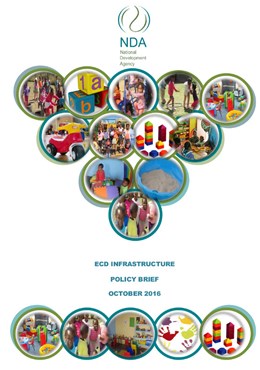Infrastructure In Ecd
The centrality of early childhood development to the developmental initiatives to which the Government is a party (such as the Sustainable Development Goals and EFA goals) is founded on an ever-growing body of evidence which confirms that a nation’s development depends on the extent to which it can unlock the potential human capital inherent within its very youngest population. This in turn depends on the extent to which Government secures or provides the conditions necessary for the realisation of the right of every infant and child to develop “his or her potential to the maximum extent possible, to become physically healthy, mentally alert, socially competent, emotionally sound and ready to learn – cognitively, socially, emotionally, physically and psychosocially – to their full potentialâ€.
The realisation of these rights is dependent on the quality of the biological, social and economic environment in which the foetus, infant and young child develops, especially whilst in utero and in the first two years after birth – a period commonly referred to as the ‘first 1 000 days’. If the foundational development of the brain and skills is flawed in these earliest days, later developments that build on earlier circuits and skills will be inherently limited. The first 1 000 days thus offer a unique and invaluable window of opportunity to secure the optimal development of the child, and by extension, the positive developmental trajectory of a country (National

